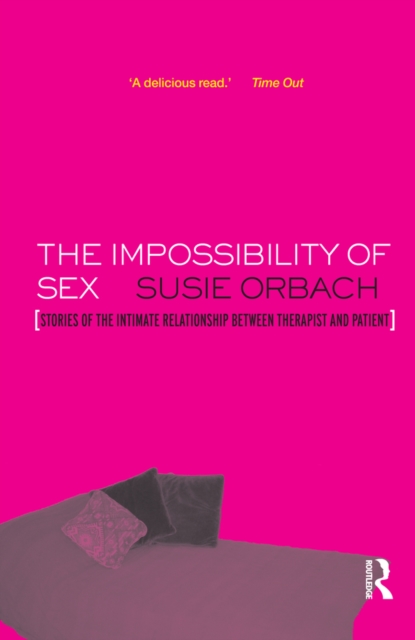
The Impossibility of Sex : Stories of the Intimate Relationship between Therapist and Client PDF
by Susie Orbach
Description
In this book I have struggled with certain words without a satisfactory conclusion.
I am unhappy about all the words used to describe the person who visits the therapist's consulting room.
Is she or he a patient? Well, sometimes yes. Certain individuals like that word because it captures for them the sense that there is something wrong, an emotional illness.
Is she or he a client? Again, sometimes yes. Certain individuals like that word because it connotes a kind of consultative process.
Is she or he an analysand? Certain individuals like this word because it conveys something about the process of a therapy and it has a symmetry: analyst-analysand.
I myself find that all these words capture something about the therapy and the therapy process but are considerably less than perfect.
In what follows I have chosen to use the words interchangeably, as well as the words psychotherapist, therapist and analyst.
In the text, in the musings in italics, I have usually referred to the primary carer in the person's early life as mother.
I realize that this is not always the case. There are fathers who have primary responsibility for their children from birth and there are relatives and nannies who fulfil this role.
Rarely in my clinical experience of seeing adults has this role been an enterprise between two people in the way that it is becoming for some couples with children today.
We have yet to see the effects of joint child-rearing on adult psychologies so I have retained the notion of the mother or mother substitute, a notion which will have to be expanded as the generations now raising children make new arrangements between them.
I have also chosen for simplicity's sake to use the word 'she' throughout for the personal pronoun rather than 'she or he'.
Information
-
Download - Immediately Available
- Format:PDF
- Pages:224 pages
- Publisher:Taylor & Francis
- Publication Date:24/04/2018
- Category:
- ISBN:9780429906824
Other Formats
- Paperback / softback from £19.99
- Hardback from £130.00
- EPUB from £16.19
Information
-
Download - Immediately Available
- Format:PDF
- Pages:224 pages
- Publisher:Taylor & Francis
- Publication Date:24/04/2018
- Category:
- ISBN:9780429906824






